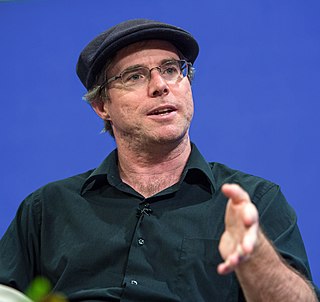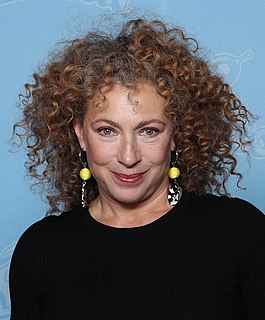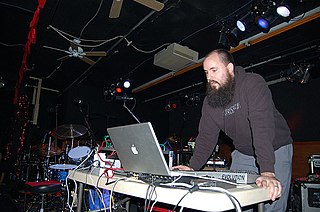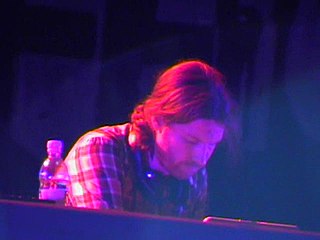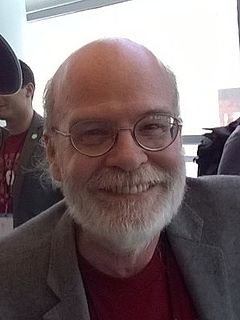A Quote by Andy Weir
Computer programming is pretty much guaranteed income. I'm good at it, and I like it.
Quote Topics
Related Quotes
With 'Scratch,' you create computer programs by snapping together graphical programming blocks, much like LEGO bricks, without any of the obscure syntax and punctuation of traditional programming languages. After creating an interactive 'Scratch' project, you can share it on the 'Scratch' website, just as you would share videos on YouTube.
If you really want to be a good archaeologist, you have to understand ancient DNA; you have to understand chemical analysis to figure out the composition of ancient pots. You have to be able to study human remains. You need to be able to do computer processing and, in some cases, computer programming.
What is the central core of the subject [computer science]? What is it that distinguishes it from the separate subjects with which it is related? What is the linking thread which gathers these disparate branches into a single discipline. My answer to these questions is simple -it is the art of programming a computer. It is the art of designing efficient and elegant methods of getting a computer to solve problems, theoretical or practical, small or large, simple or complex. It is the art of translating this design into an effective and accurate computer program.
